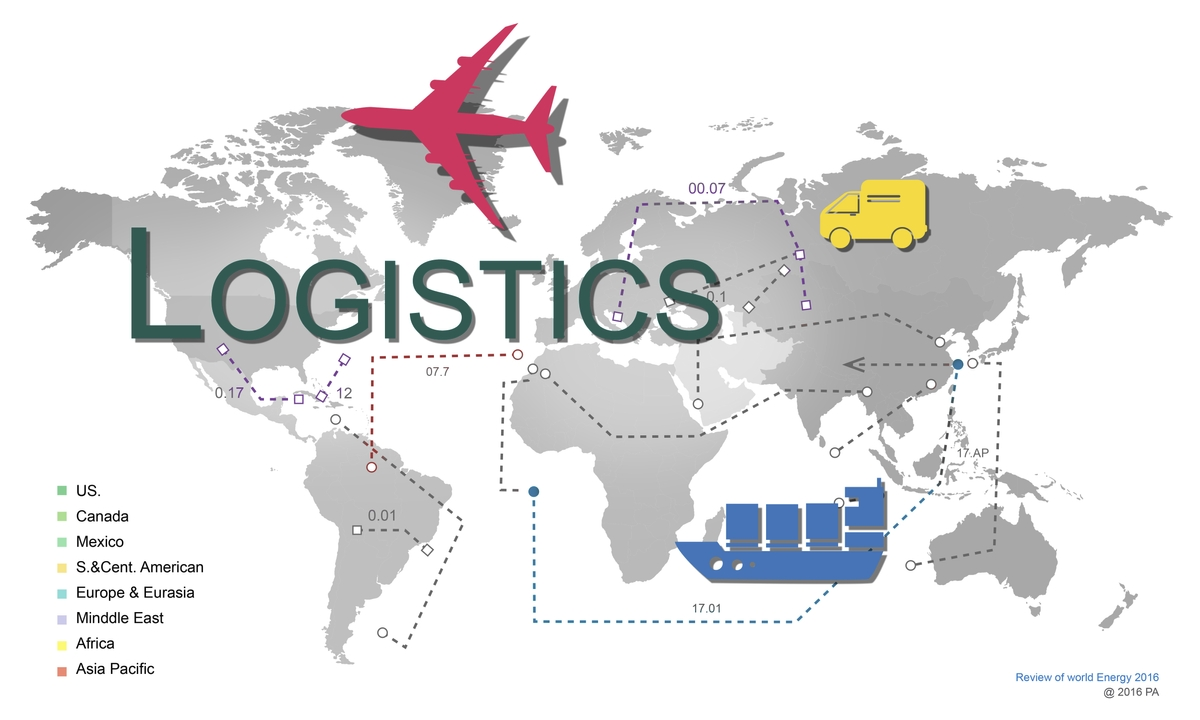One of the most important aspects of running your business is building and maintaining strong relationships with your suppliers. The reason is simple–suppliers play a central role in the supply chain and the success of your enterprise depends on the quality of the products and services that you provide.
In the following blog post, we’ve prepared six practical tips to help you in developing and maintain strong supplier relationships that will make your business grow and thrive.
Establish clear communication protocols
Effective communication is more than just a simple exchange of information. It’s about active listening and being responsive to feedback. As a business owner, you must listen to your suppliers’ concerns in order to understand their problems and challenges. Always be proactive in finding solutions to issues they may face and are most concerned about.
It’s the same the other way around, too. Providing regular feedback to suppliers can help foster a strong relationship built on mutual trust. Establishing clear communication practices and expectations upfront (including how frequently to communicate and who should be involved in the conversations), can also prevent misunderstandings and potential conflicts. So remember that communication is a two-way street and encourage your suppliers to communicate openly and honestly with you as well.
Build trust by following-through on your commitments
Building trust is important for any company. It allows for open and honest communication but requires consistency and following through on your commitments. The best way to build trust with your suppliers is to establish a track record of paying suppliers on time and meeting other contractual obligations.
Make sure to also express appreciation for suppliers by clearly acknowledging their contributions and successes. Understanding their goals and challenges (and offering support when needed) can help build a strong relationship based on trust and mutual respect. If the circumstances allow, consider arranging face-to-face meetings instead of doing remote calls, and organize some fun team-building activities to improve relationships and trust even further.
Offer fair terms and rates
Offering reasonable terms not only benefits your suppliers but is also good for you. Suppliers who are paid fairly and treated well are much more likely to prioritize you as a client and provide high-quality products or services. When negotiating contracts with suppliers (In addition to offering fair pricing and payment terms), don’t forget other important factors, such as delivery schedules and quality standards.
Aim to establish a long-lasting partnership with your suppliers rather than treating them as a one-time opportunity. Consider offering stimulating bonuses or incentives to those who consistently meet or, even better, exceed expectations.
Leverage the power of specialized software tools
Keeping up with industry trends and adopting new technologies is invaluable in this line of work. In order to access large distribution networks, you should introduce specialized channel management software solutions in your daily workflow. These feature-rich software tools will help you streamline your communication systems, facilitate better collaboration, and provide real-time visibility into your supply chain.
You can also centralize all your supplier information, automate payment processes, and track orders more easily and efficiently. Using AI-powered third-party risk assessment is another great way to maintain better relationships because you can evaluate and prepare for risks better. As you can guess, this drastically reduces manual errors, saves time, and improves overall efficiency, allowing you to focus on what’s important–building strong and lasting relationships with your suppliers.
Improve your collaboration practices
Improving the way you communicate and collaborate with your suppliers is extremely important. This can help your business gain new insights and ideas for improving your products or services. For instance, suppliers may have access to some new technology or materials that could be leveraged to improve efficiency or quality.
Remember, you’re all in this together, so sharing best practices and benchmarking can benefit both parties and help identify areas where you could improve together. Collaboration requires trust, open communication, and a willingness to work together toward achieving common goals. Consider involving suppliers in your product development process to foster collaboration and innovation.
Last, but not least – always maintain a positive attitude
Maintaining a positive and optimistic attitude can sometimes be tough, particularly when there are some unresolved conflicts, disagreements, or misunderstandings. However, it’s important to approach supplier relationships with a constructive mindset.
For example, instead of blaming suppliers when something goes wrong, reach out to them and be proactive in identifying the root cause and finding a solution. Providing feedback (and praise when appropriate) can help build stronger relationships and foster mutual respect.
Maintaining a positive attitude is an ongoing effort, and it requires investing time, energy, and resources in building and maintaining strong supplier relationships. Consider investing in employee training to develop positive relationship-building skills.
Over to you
Building and maintaining a good relationship with your suppliers is crucial for the success of any business. By investing in these relationships, you can create a competitive advantage and drive the growth of your business. Remember, your suppliers are your partners, and treating them with respect and appreciation can help your business thrive.
By Mike Johnston

